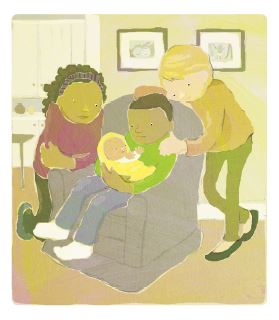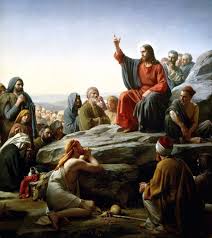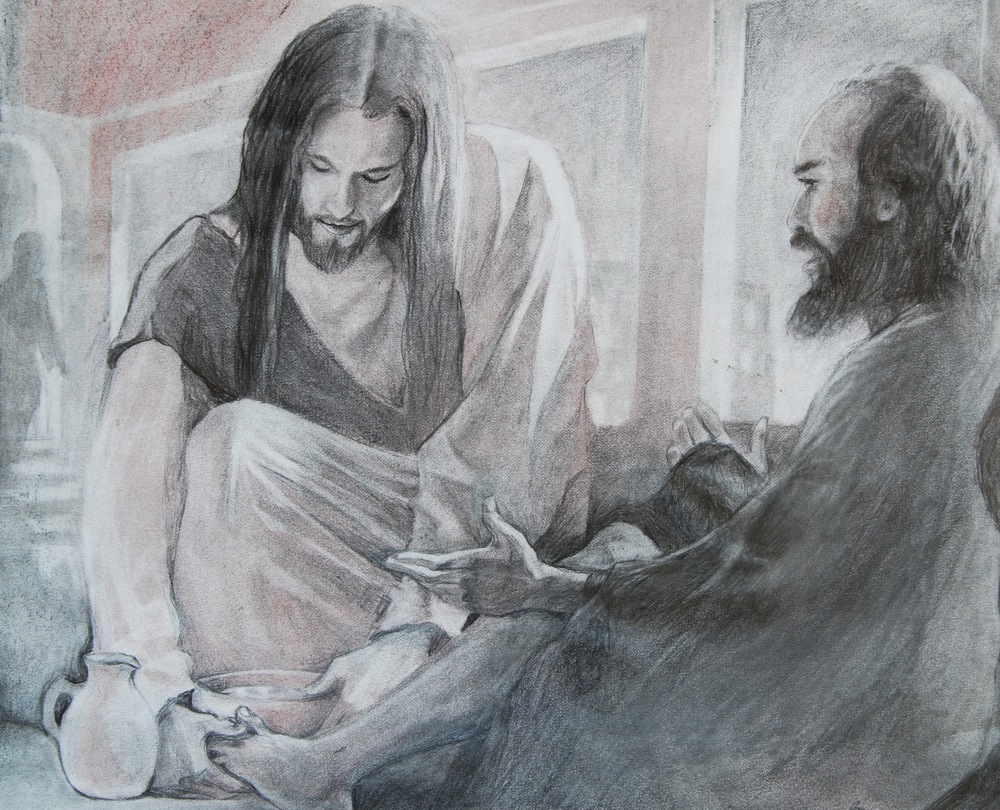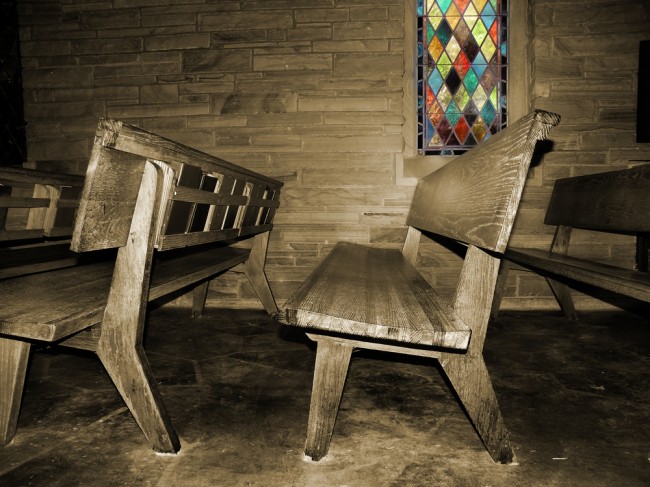Through service we find love and truth in action. When we serve with love and compassion, those whom we serve become brothers and sisters, not the others.
Jesus taught that we should love everyone, even our enemies. In this age of multi-media information, we are made aware of all the reasons people can be difficult to love; loving everyone appears even more daunting than it must have two thousand years ago. However, if we remember that universal divine love exists within and flows throughout all creation, it becomes clear that our part is not to make ourselves love, but to allow love to flow through us at every opportunity. Every moment is an opportunity. Jesus was a pure channel for universal love; love flowed through him without interruption or corruption. The power of that pure love could be felt by all who opened their heart to the experience, and we can experience it as well if we open our hearts to the possibility.
I heard a contemporary hymn on Sunday morning during the Eucharist and fell in love with the melody. It was the “Untitled Hymn
Progressive Christianity asserts that God is present in each one of us. God is not far off but moves within each of our lives, providing energy and possibility; God’s presence in us and not imperfection is our deepest nature. In contrast to sin-based theologies, accenting original sin and human depravity, progressive Christianity affirms original blessing and the inherent divinity of each creature.
Jesus called on people to change. Not just a little, but dramatically. The ‘kingdom of God’ is the term Jesus used to express his vision of a profound transformation of human beings and human institutions—social, political, economic and religious—to fully express the character and nature of God—a God of love. To accomplish this vision, Jesus worked toward the creation of a new kind of community dedicated to values of compassion, generosity, peace, and justice. He was creating a movement for change, a people engaged in a vast conspiracy of love.
The church as we know it came about when one group of believers was opposed by a dissenting group. Then it became necessary for each group to define their concepts of Christianity and to label all others heretics.
This past year, at my congregation on Cape Cod, we began to celebrate the seasons of the year as part of our affirmation
The dry bones raised by Ezekiel are a metaphor for those who died in the service of God’s justice: those who died working to restore God’s distributive justice-compassion to God’s Earth, and who themselves never saw the transformation. The army of dry bones is an army exiled from justice. Fairness demands that if Jesus was resurrected into an Earth transformed into God’s realm of justice-compassion, then all the other martyrs who died too soon should also be raised with him. “But in fact,” Paul writes in 1 Corinthians 15:20, “Christ has been raised from the dead, the first fruits of those who have died.” It is the Christ – the transformed and transfigured post-Easter Jesus – who has started that general resurrection, which restores justice-compassion to a transformed Earth. The transformation has begun with Jesus, and continues with you and me – IF we sign on to the program.
The church sign can be easily read by anyone driving by: “You can’t be a devoted follower of Jesus unless you are part of a local church.” Does the church that posts this sign not trust the people with Jesus’s message? What is the meaning of “incarnation” if not “embodiment” by individual persons of the spirit of the Christ? Is the “Body of Christ” for members only? The Apostle Paul created the metaphor of the “Body of Christ” as the community of followers. In 1 Corinthians 10:16-17, he explains the meaning of the ritually-shared meal: “The cup of God’s gracious benefits that we consecrate means that we are involved in the blood of the Anointed, doesn’t it? The bread that we break means that we are involved in the body of the Anointed, doesn’t it? That there is one loaf means that we who are many constitute one body, because we all partake of the one loaf.” In Romans 12:5 he says, “Just as each of us has one body with many parts that do not all have the same function, so although there are many of us, we are the Anointed’s body, interrelated with one another.”
I simply do not believe that at this point in time the distinctiveness of our different churches is more important than the values and common understandings of Scripture that unite us.
By: Gary Wiburn. Last week I spoke of our defining identity here at First Presbyterian as being four things: a Christ-Centered faith, a place of Creative Celebration, of Compassionate Caring, and Inclusive Community. These are some of the primary ways in which we understand ourselves as a Center for Progressive Christianity, which means nothing less than trying to embrace the essential teachings of Jesus.



















